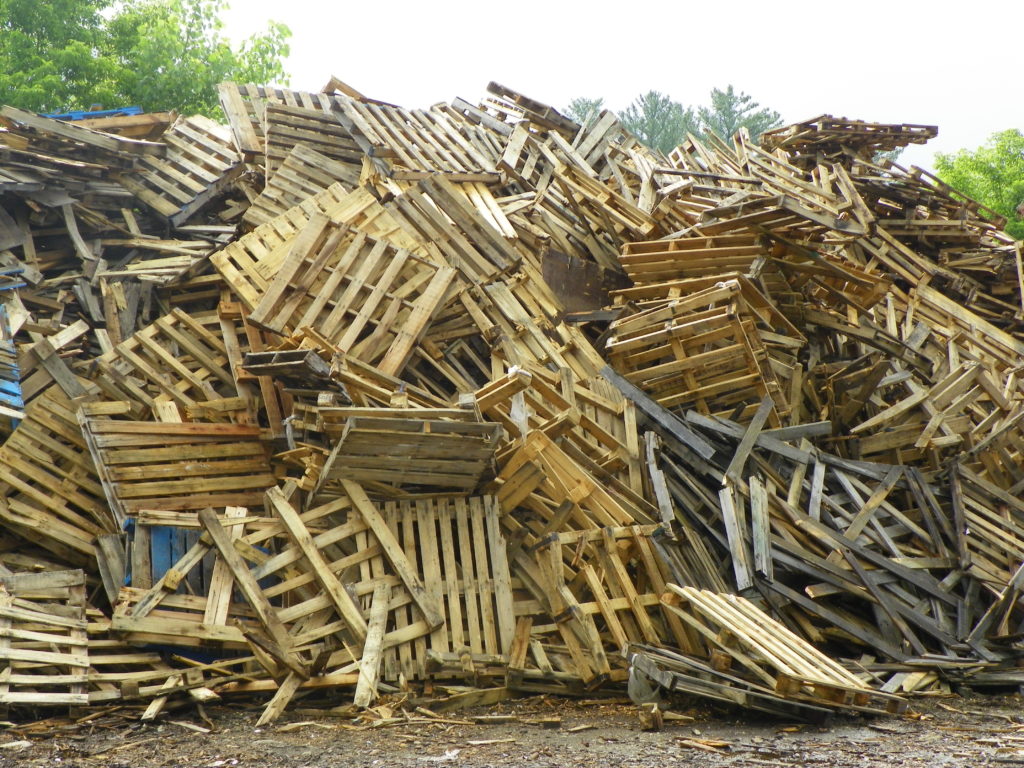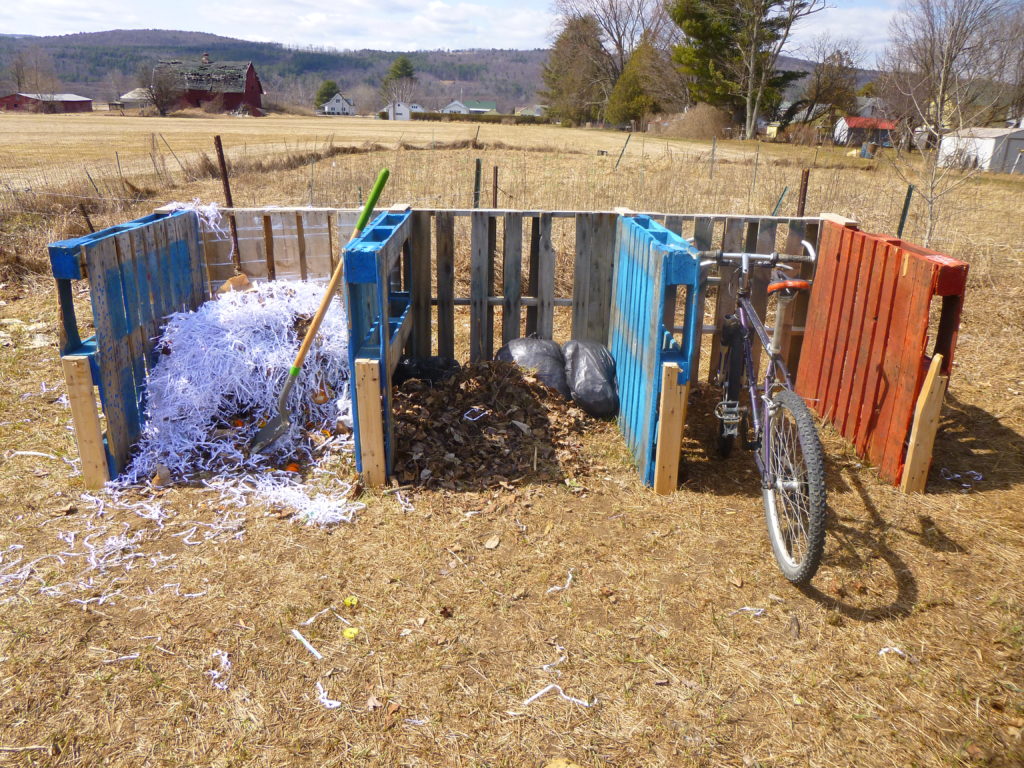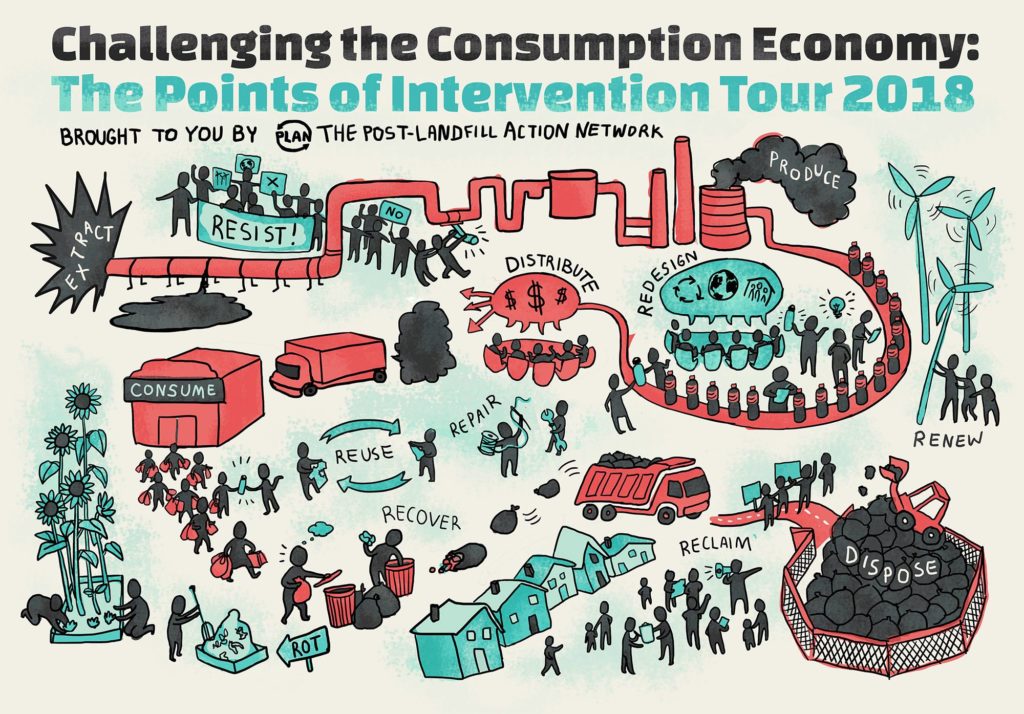We’ve all heard that in order to save our planet, we have to reduce our impact on the Earth, but that’s not enough. Making a positive impact that sequesters greenhouse gases, promotes biodiversity and restores equilibrium to our ecosystems will provide sustenance and beauty for the next generations of the world’s inhabitants.
“Worms consume food and, through the system of their bodies, produce richer nutrients. You, through the system of your intelligence, can create richer nutrients too.”
–William McDonough, The Upcycle: Beyond Sustainability–Designing for Abundance

Take pallets for example:
In order to reduce our impact, we prevent them from going to the landfill by grinding them up to be used in the McNeil biomass facility near Burlington to provide electricity, thus reducing the need for fossil fuels! This is a great step, but the processing and transportation of the pallets uses fossil fuels, and gasifying them in the biomass plant produces some greenhouse gases still. When the goal of a project is to reduce the impact on the environment, that doesn’t mean the impact will be eliminated!
Imagine a different path- pallets are reused/repurposed into household furniture, community compost systems, etc… They might not end up offsetting the use of fossil fuels directly, but there is less need for new furniture, and this puts another use and meaning to the life of a pallet. Then, they could be turned into fuel once the furniture is no longer needed. Meanwhile, there are friends, family, neighbors and strangers that are exposed to this radical idea of creativity with discarded resources! They can take that inspiration to benefit themselves and their communities, furthering the positive impact you’ve made.

Challenging Consumption
We all need to consume items that fulfill our needs, but challenging what is wanted in excess can be liberating of your stress, wallet and our environment. Check out this flow chart of how to make the most of resources so they can benefit you, your community and the Earth. Where do you have an opportunity to intervene with wasting of resources? Credit: Post-Landfill Action Network

There is no “away.” Everything that get’s thrown away will end up influencing our air, water, land and food; it’s up to you to decide whether that’s a negative influence or a positive one (or whether to throw something away at all). Sharing ideas and questions with each other will always inspire and encourage us to try something new to make use of what we acquire.
If you’re ever in a tizzy over how to use/dispose of something, give us a call! We have experts ready to give advice on how to make the most of your stuff- (802) 775-7209.
